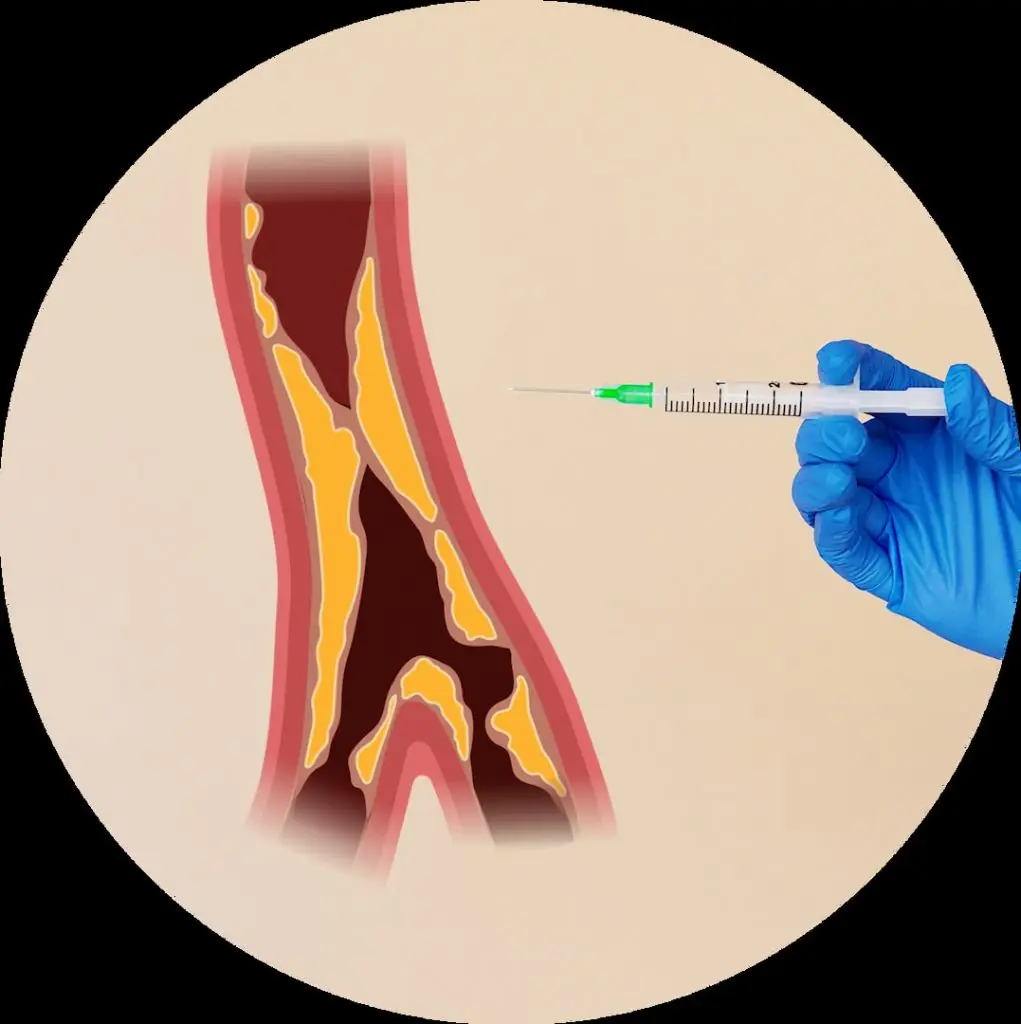Felix’s project aimed to boost the effectiveness of heart disease vaccines by blocking specific regulatory molecules. With SPARK funding, Felix discovered that simultaneous blocking of two regulatory molecules, called PD1 and CD73, substantially increased the response to a heart disease vaccine in mice. Before returning to Germany to conclude his physician training, Felix will test his findings in human cells to see if this approach can lead to better preventive treatments for heart disease.
2023 Tullie and Rickey Families Spark Awards Winner
Felix Nettersheim, M.D.
What if we can enhance a heart disease vaccine by blocking regulatory molecules?
Funded: January 2023
Funded By: The generosity of LJI Board Director Tom Tullie and the Tullie Family
What was the goal of your SPARK project?
Nearly 18 million people die from cardiovascular disease each year. This disease is often caused by an uncontrolled autoimmune attack on blood vessels. Preclinical evidence suggests that a vaccine containing cholesterol particles could reduce this autoimmune response. Animal studies have shown that a vaccine targeting the cholesterol protein ApoB can stimulate protective regulatory T cells. However, such vaccines have so far proven less effective compared with the efficacy of vaccines that target bacteria or viruses. The goal of my SPARK project was to investigate whether blocking PD1 and CD73 can increase the effectiveness of a heart disease vaccine.
SPARK project results
I compared immune cell responses to a virus particle with immune cell responses to cholesterol molecules. I found that PD1 and CD73 were potentially responsible for the weak vaccine response. I then tested whether blocking these molecules could improve the immune cell response to an experimental heart disease vaccine. I first looked at how the vaccine affected mice that lacked one of the two molecules. Mice missing PD1 had a huge boost in vaccine response, while those missing CD73 showed no extra benefit. Then, I tested blocking both molecules together. This combo led to a six-fold increase in the vaccine’s effectiveness. In a heart disease model, mice treated with both the vaccine and blockers had much less plaque buildup, which suggests this approach could significantly improve vaccine results.
What’s next for this project?
Moving forward, I plan to build on these promising findings by conducting a series of detailed experiments to further elucidate the mechanisms driving vaccine efficacy. Specifically, I will investigate how the blockade of the two regulatory molecules enhances the immune response against heart disease and explore the underlying biological processes contributing to this effect. These studies will include in-depth analyses of immune cell interactions and the signaling pathways involved in the vaccine response.
What’s next for Felix?
I have served as a postdoctoral researcher at LJI since January 2022. Currently, I am finalizing my postdoctoral projects and preparing manuscripts for publication. After completing my postdoc, I will return to Germany to conclude my clinical training and obtain board certification in Cardiology. I plan to seek funding through grant proposals to establish my own laboratory and continue advancing my research. My long-term career objective is to become a clinician-scientist specializing in cardiovascular immunology.


